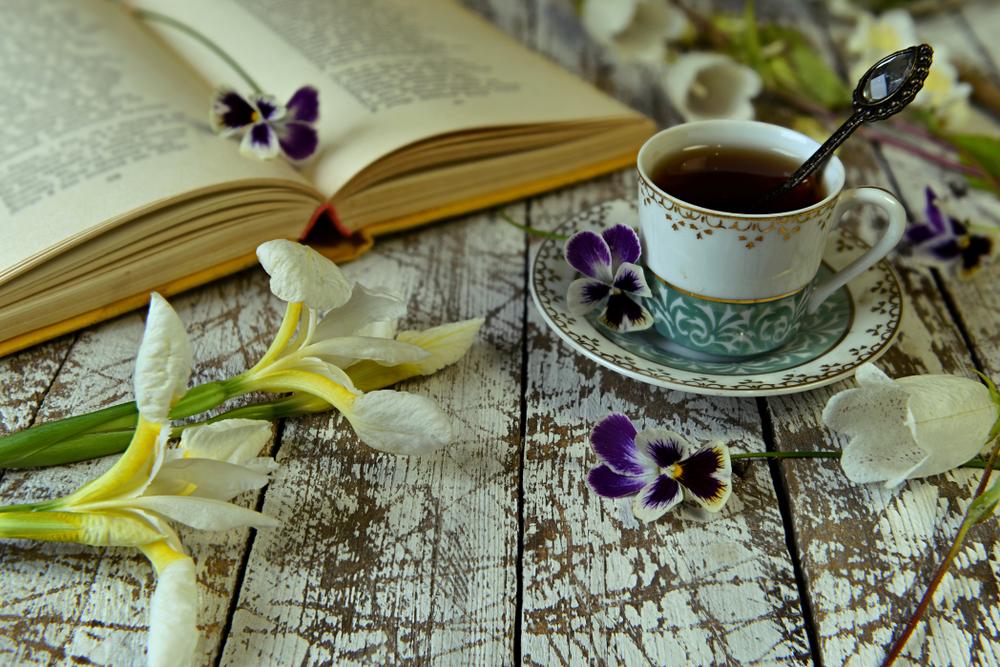April is the greening time, when choirs of birds announce the flourishing of bud and bloom, when the good old earth sheds its dull patchwork mantle of gray and brown and bustles with blossoms and new life.
April is also National Poetry Month, and this year marks the 25th anniversary of this event.





